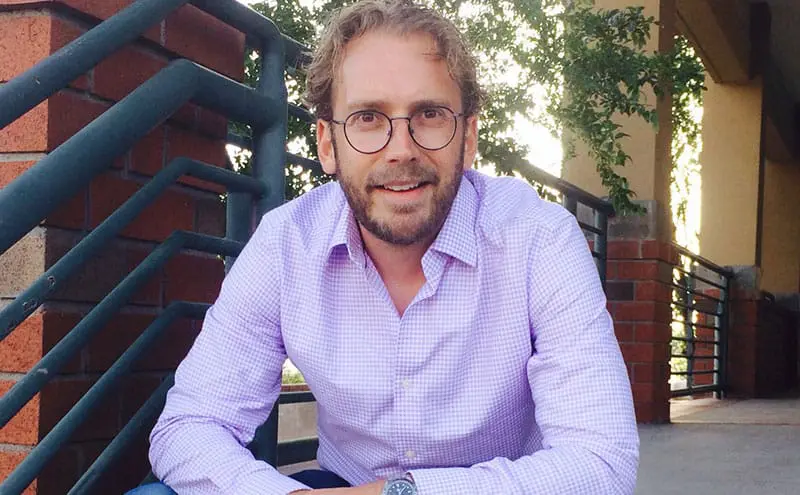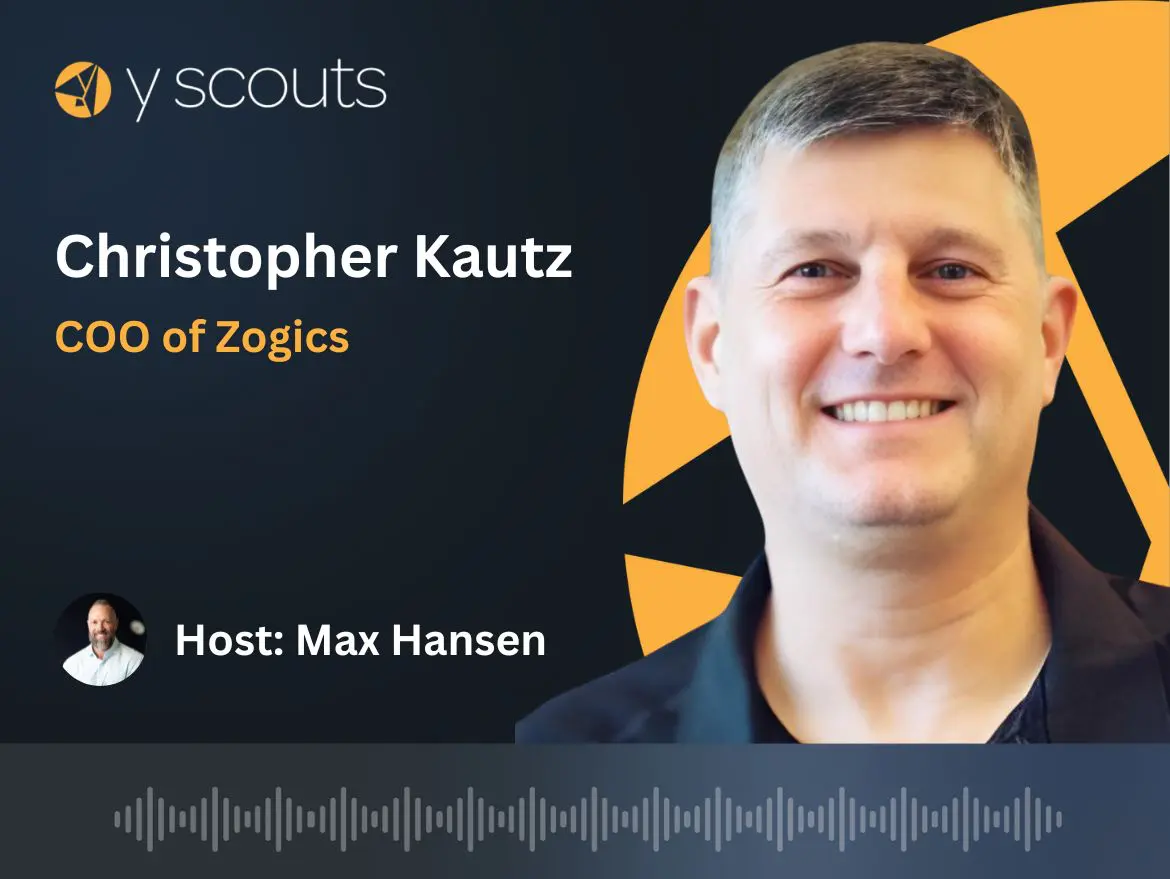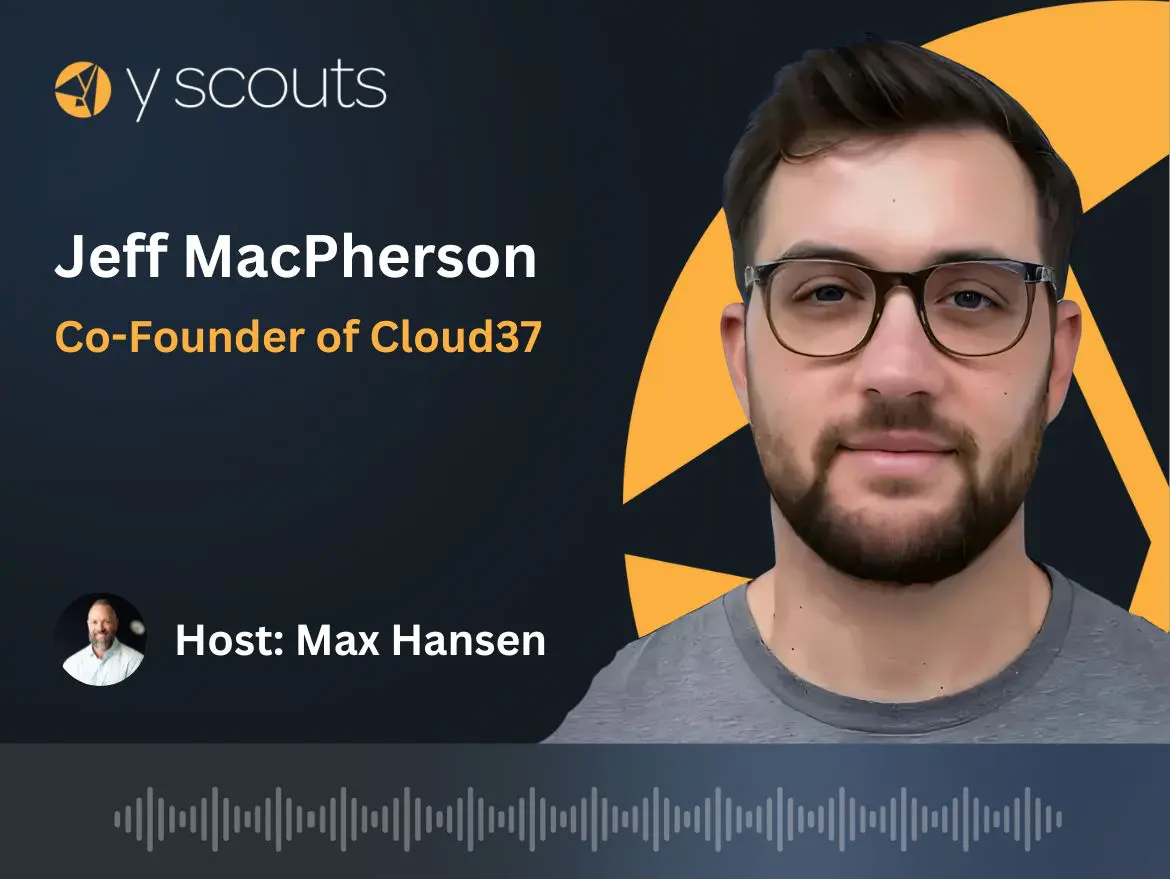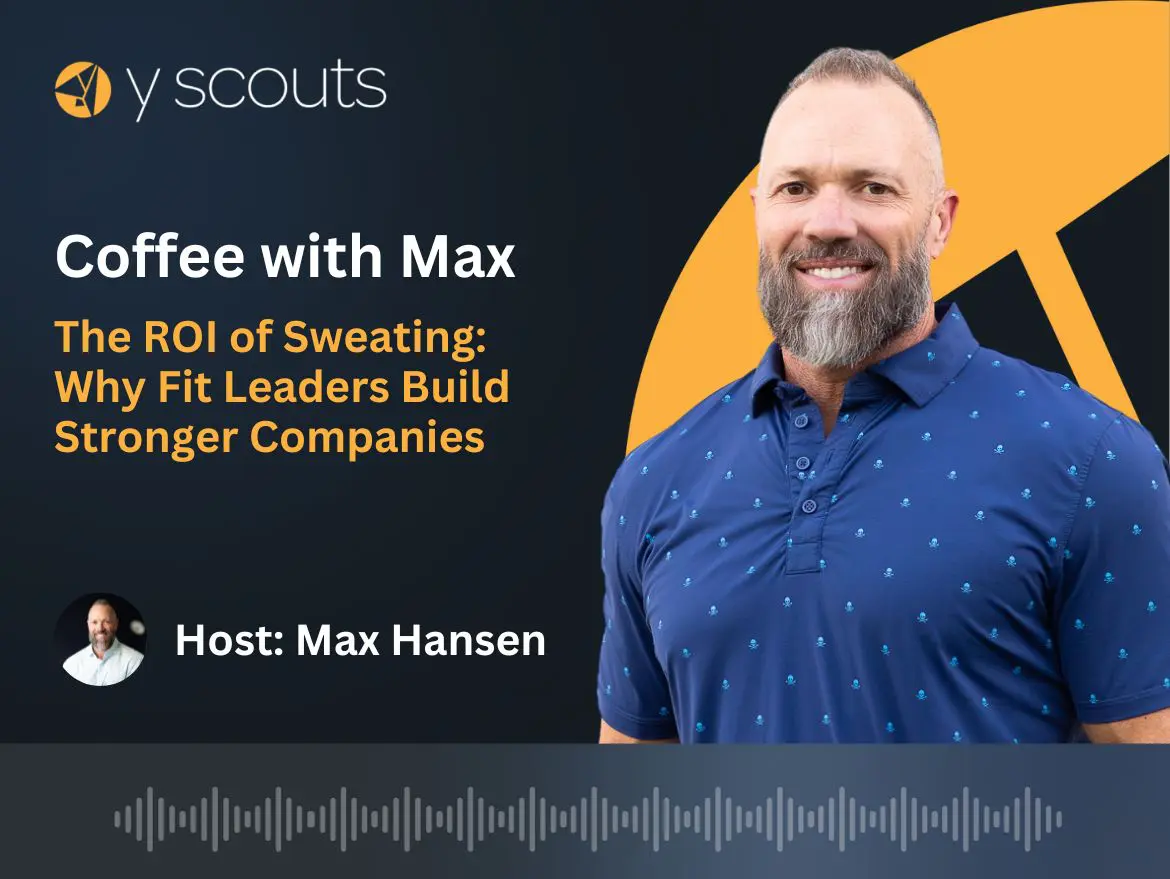
You are always storytelling (whether you know it or not). Whether you are telling the story of your career on your resume, or telling the story of your organization on a website, the stories we tell have the power to get you hired or recruit a key employee. Fortunately, Todd Nordstrom knows a thing or two about crafting and sharing a compelling story.
Todd Nordstrom is a Ghost Writer of 12 New York Times, Wall Street Journal, USA Today and Amazon.com bestselling books as well as many that never made the list (reaching nearly 10 million book buyers). He has helped plan, execute, and strategize the marketing and launch of nearly 60 national and international bestsellers. He currently is a weekly contributor to Forbes, Director of Content for the O.C. Tanner Institute, and is the host of O.C. Tanner’s Great Work Insights podcast.
In this episode, Todd shares his tips for identifying the stories you should be sharing. Below are some of the show highlights (with the timestamp in the interview, in case you’d like to cut to the chase), show links and a transcribed portion of the interview about the four different types of stories you should focus on telling.
Table of Contents
ToggleShow highlights:
- The story of how a grumpy old man on a bus in the high desert of Utah has impacted every job Todd has taken on (10:30)
- What questions Todd is most often asked by ghostwriting clients (20:10)
- Todd’s take on what makes people interesting (23:20)
- The origins of the resume (26:30)
- Resumes and cover letters are the most storytelling that an average individual has to do in their career. (28:30)
- Four different types of stories that can be told to communicate whatever it is you want to communicate very well (33:20)
- The only way you can compete sometimes is through stories (54:00)
Show links:
- The O.C. Tanner Institute
- Weekly Forbes column on how people and leaders achieve extraordinary results.
- Great Work Insights Podcast
- Todd Nordstrom Twitter
Should job seekers be telling their story in a way that is far more aligned to the intangible elements?
We understand this thing called purpose. How do we continually communicate it to our people?
I have found four different types of stories that can be told by the individual, by the organization, by the team that communicate whatever it is you want to communicate very well.
To companies I say, “What’s your founding story?”
That’s not just the details. “In 1912, Brian rode his horse across the desert to found…” – it’s not that. A company’s founding story is about the “why.” It’s a deeper connection to the purpose and why you exist.
You can look at the founding story of your resume, or the founding story of your organization.
The second type of story are the pivotal stories. Pivotal stories are the ones that there was the challenge. These are the Hollywood stories we often talk about that change people or organizations or cultures.
There’s a story that I love that took place in 1859. A train crashed near Johnson Creek, Wisconsin. Fourteen people were killed on that train. Two of the victims had recently become policy holders of a little insurance company named Northwestern Mutual. Claims for the accident were $3,500 for fourteen people. Sadly, the company only had $2,000. This is a pivotal story where company leaders had to say, “We can either go out of business, or decide that we’re in this.”
This is a pivotal story. Live or die. Close the doors or move forward. Obviously, if you’re familiar with Northwestern Mutual, they’re huge today. But those kinds of stories. Think about communicating that story to the people of the company. What does that mean? You’re there for the policy holders. Even if it breaks us. We’re going to do the right thing by you.
Pivotal stories are great because they expose the thinking to overcome the situation. For an individual on a resume, these are questions that get asked during interviews. People that are in interviews aren’t looking for that big sizzle story. Oftentimes, they need to pull back and think that it’s not about how much money they created for an organization. Instead, show character in your pivotal story. From a resume standpoint, that will relate better to the outcome.
The third version of the story are teamwork stories. This is important whether you’re a company or an employee. If you’re that employee looking for a new job, how do you work on a team? Teamwork often gets framed as a generic, over talked about concept. What does being part of a team mean?
One of my favorite teamwork stories is in 1980. Herb Brooks organized a group of men for what is the most impressive teamwork story I’ve ever heard. If you’ve ever seen the movie, Miracle on Ice, it’s about the 1980 U.S. hockey team.
The interesting thing is that whether you’re a hockey fan or not, watch the movie or read about it. The U.S. was entering the world’s biggest competition. They could have went and grabbed the world’s biggest players. Because the National Hockey League – that’s the cream of the crop right there. But instead they went and grabbed a bunch of college players. A bunch of college players go into the Olympics, play professionals from all these other countries, and they end up winning.
When you look at these college players, they’re all rivals. They’ve grown up playing each other on the ice and in college competing against each other. These teamwork stories of how differences come together to make something stronger. These stories in companies of the late nights in garages to come up with the better idea. It’s Edison and the team that he brought into Menlo Park to work on the first version of the lightbulb.
We’ve all been part of an awesome team. We’ve all been part of lackluster teams as well. When you have those stories of the team, the 1980 US hockey team – these are great stories to tell if you’re an employee or an employer. They come back to what we mean together as a group.
And finally, there are individual stories. I call these “great work stories” because some of the research we’ve done at the O.C. Tanner Institute. These are our stories of saying, “How did I create a difference that somebody loved and appreciated? How did I create value?”
The attendance award doesn’t count here. We grew up thinking that. I’m not saying it’s invaluable. Yes, you show up everyday. Because of the way our working world is set up, we get a job description and we’re told to come in, and in our early years, you’re hired to do “this.”
I was told once, “Todd, we hired you to write. We don’t want your ideas.” I remember thinking, “That’s so wrong!” Why would you tell someone not to share their ideas? I don’t care what level of employee. How do I write without ideas? It instantly crushed my future with that organization.
These great work stories of making a difference that is loved, we get so tied up again in thinking that these things have to be formal. If you think back to some of the great work that you’ve done, if you go back into your life – and I have this conversation with a lot of people. Where I can get your story on paper in the most interesting format that is most detailed and clear about you by bringing you back through your life and looking at moments that you felt most appreciated.
The reason you felt most appreciated is that you had done something that made a positive difference in someone’s life or career. Whoever that person was, they recognized you and communicated their appreciation. For some reason, that appreciation resonated with you. It stuck with you. It made you not only want to repeat the work you had done, but improve on it. It made you want to do it again. For whatever reason, this person that was appreciating you meant something to you. Their appreciation really mattered.
There are other stories you can think back on in your life where you were appreciated, but you don’t really care. For a person in their late 30’s or early 40’s, they probably have 3 or 4 instances where they can go back to school or first jobs that really ring a bell for the appreciation received.
I can go back and tell you about the words I received early in elementary school that meant something to me. I can go into high school and tell you the words of my teacher that challenged me to break the rules with writing. I can go into college and I can go into early jobs for 3 or 4 profound instances where words came out of people’s mouths that inspired me on to my next piece of great work.
The great work stories, when they’re on a resume, we often look and say we achieved “this.” Instead of thinking about the achievement, think about the difference you made for somebody or some organization or some team. Those are the stories that really matter in the path of your career and life.
Those are the things you chase by nature. They’re built in you. They’re part of you.
The O.C. Tanner Institute looked at over a million cases of award winning work. We wanted to know what people are doing.
The one thing that was shared in every story that we dug through to figure out what people are doing to achieve award winning work is a shared intention. The intention was not to find success. Not to advance myself to the next level of my work. The one single thing shared was an intention to make a difference that someone else loves. I know that sounds simple. But if you think about the greatest things that are achieved, the intentions are not for fame or money or status. The intention is looking at one person or one group and saying, “How do I improve this to where they’re going to love it?”
I interviewed the founder of Pandora Internet Radio. Here is a smart guy with a great idea in the perfect time in history where internet radio would become what it is. If you actually look at his story, he didn’t sit back and say, “I have a great idea that is going to change the lives of millions of people.” He actually read a newspaper article about a song writer who was struggling to find the right audience, because the music industry was still closed off. He’s reading this article as a computer programmer, and thought that he could help this artist. He wrote a program that is now Pandora.
The intention was not to create a huge product and become wealthy and roll off into the sunset and live happily ever after. The intention was, “How can I help this one single woman, who I have never met before, who is struggling to reach her desired audience?”
It’s a fascinating story. It goes back to show that the things in your life that you are most proud of, you can go back and see that your intentions were clear to make a difference that one person or a group of people love. You did it, you got your appreciation, and you moved forward to a bigger and better format.
Listen to more episodes from the Built On Purpose podcast at yscouts.com/podcast.






